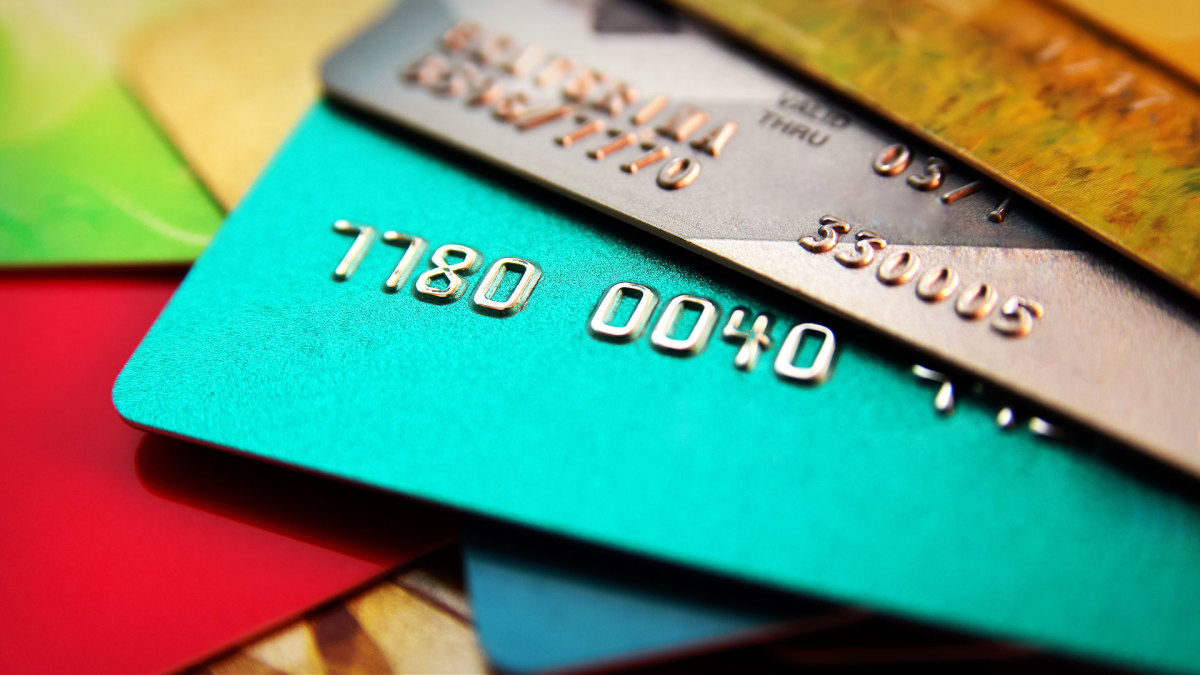Financial planner's tip for increasing your credit score
Maxing out your credit cards isn't good for your credit score — even if you pay your balances off every month.

At the end of this summer I attended a beautiful destination wedding in the Blue Ridge mountains. At one lunch, a small group of friends and I were lamenting the increasingly high cost of travel when the conversation turned to credit cards.
A couple of people wondered aloud: Are top-tier rewards cards worth it?
“Yes!” my rewards-loving boyfriend shouted, and then proceeded to break down each of the annual benefits that effectively neutralize the fees on the most expensive cards.
As a financial planner, I jumped in with my usual spiel to remind them that while credit card rewards and perks are awesome, they won’t be of value unless you’re paying your credit card bill in full each month (I’m a really fun wedding guest).
“Actually,” one friend remarked, “I do pay my bill in full each month and my credit score still hasn’t gone up! What else can I do?"
We're taught that paying our bills on time is the most important thing to do for a good credit score, but other spending behaviors have a big impact too.
Credit usage is a big factor in credit scoring
Your credit score is basically the GPA of your financial life. There are multiple credit-scoring models that credit issuers use to determine whether and how much they want to lend a borrower. FICO is the most widely used.
FICO scores range from 300 to 850. Scores of 670 and above are considered “good.”
It depends on the specific type of loan you’re getting, but in general, the higher your score, the better your terms. Often that translates to a larger line of credit and potentially huge savings thanks to lower interest rates.
There are five main categories of a person’s credit that are evaluated by the FICO model to generate a credit score: payment history (35% of your score), amounts owed (30%), length of credit history (15%), credit mix (10%), new credit (10%).
My friend might have been paying his bills on time and in full, but how much did he owe? How close was he to regularly maxing out his cards? Probably too close, it turned out.
The statement balance, or the amount you've charged on a credit card during the current billing cycle, is what gets reported to the credit bureaus. You have to pay this off to avoid interest charges.
If your statement balance is $4,000 and your limit is $5,000, for instance, it means that your so-called credit utilization ratio is 90% (if you have multiple revolving credit lines, add up your total balances and divide the sum by your total credit limits).
A credit utilization ratio of more than 30% is not ideal. Lenders basically want to see that you don’t rely too heavily on credit — i.e. that maxing out your credit cards isn’t a regular occurrence.
Luckily, there’s an easy fix that doesn’t require overhauling your spending habits (assuming you're not already spending above your means). Request a credit limit increase. Getty Images
Ask for a credit limit increase
Credit limits fluctuate. When you first open a credit card, it’s normal for the issuer to give you access to less credit, since you have yet to prove that you’re a responsible borrower.
After making on-time payments for six to 12 months, a lender may automatically increase your credit limit by a few thousand dollars. If that hasn’t happened and you’re getting close to maxing out your card each month, be proactive by calling the bank or requesting a credit limit increase online.
Be prepared to share how much you earn and how much you pay toward other debt, like a mortgage, each month.
If you get approved for a credit limit increase, your credit score may take a minor, but temporary, dip. That’s because a credit request like this shows up on your credit report as a hard inquiry, which could signal to other lenders that you’re looking to borrow more.
As long as you continue making on-time payments and keeping your credit utilization to 30% or less of your total credit limit, your credit score should rise.
What's Your Reaction?

























































